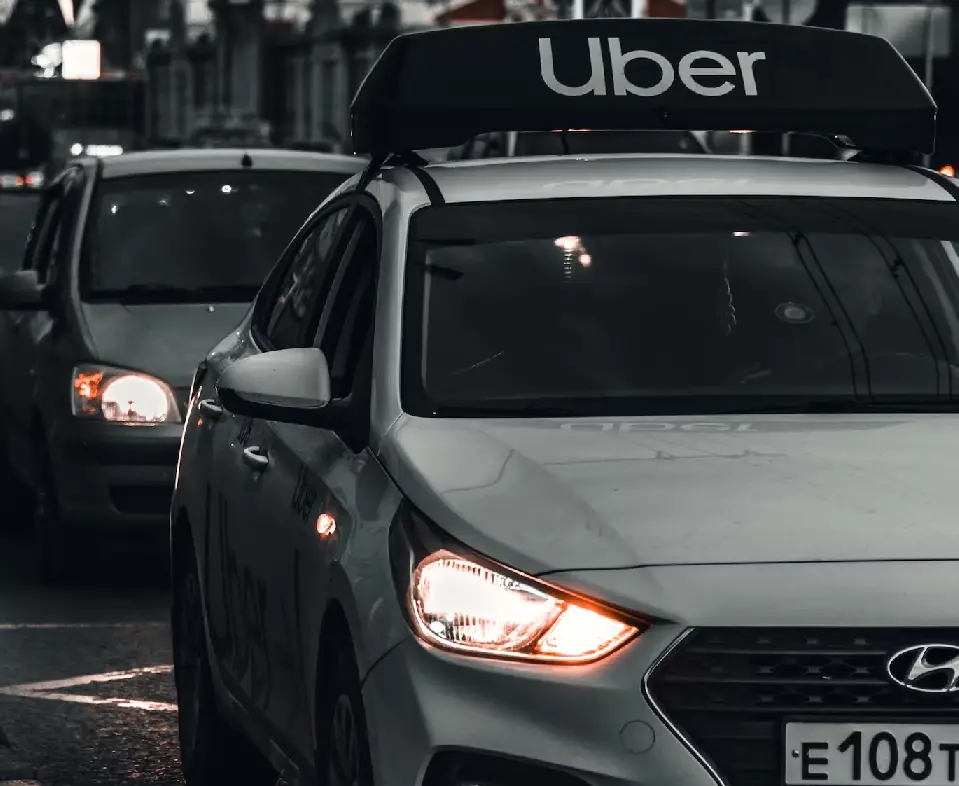In a signal indicating strong demand among investors, Uber Technologies Inc. increased the size of it s planned convertible bond issue to $1.5 billion.
According to a statement, the ride-hailing company priced the bond with a 0.875% coupon, which is close to the bottom of a marketed range. The firm set a conversion premium of 32.5%, at the top of the range. The statement offered confirmation of a report by Bloomberg News earlier in the week.
Uber is the biggest company to delve into the convertible bond market this year, given its market capitalization of $113 billion. Its entry exploits the recent fall in interest rates, and an increasing perception that the interest rate increases by the Federal Reserve have come to an end.
It also capitalizes on a positive investor sentiment for the company following its second consecutive profitable quarter, earlier in the month. Since the end of October, the company’s stock has risen 27% as it looks to produce new drivers of revenue through offering new services.
Should the option to offer an additional 15% of the base deal be exercised, the issue by Uber would be tied with the offering by Rivian Automotive Inc in October and the February issue by Southern Co. for the largest convertible bond offering of the year.
Originally, Uber had sought to generate $1.2 billion with a coupon range of 0.75% to 1.25% and with a 27.5% to 32.5% conversion premium
The borrowing terms of the offering by Uber are considerably cheaper than would be expected, given Uber’s long-term rating of BB- with a positive outlook from S&P Global Ratings. The offer comes as US convertible bond volume has proven disappointing to those expecting to see a rebound this year, despite the fact it has returned to nearly normal levels seen prior to the pandemic.
After the close of the deal, the ability of the company to raise additional financing in the present interest rate situation, and to use the funding to redeem $1 billion in outstanding 2025 notes with a 7.5% coupon, will improve the credit outlook of the company considerably.
In a note Monday, Bloomberg senior credit analyst Robert Schiffman wrote that although any possible upgrades to the ratings of Uber are biased more toward 2025 instead of 2024, “it appears a matter of when, not if,” the company will see an upgrade.
Back in August, Schiffman had noted that the liquidity of the company, its access to low-cost capital, and the firm’s improving fundamentals would indicate its credit rating could keep climbing over the next one to two years.

